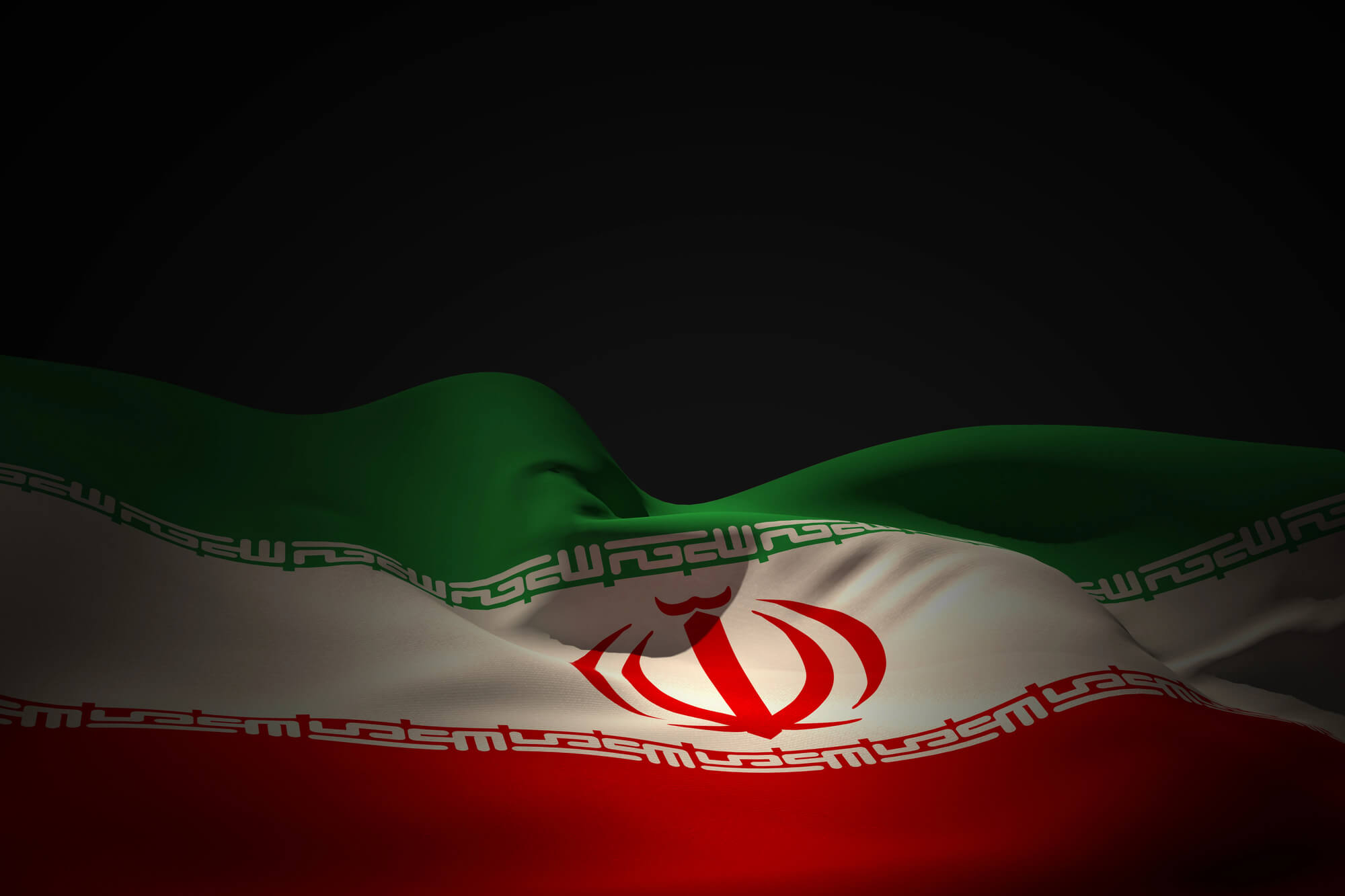Despite their solidarity with Ukraine, many world leaders are cautious about crossing Vladimir Putin’s “red lines”. Yet the ramifications of not doing enough for Ukraine now will be severe and far-reaching.
Economists have long understood the harm of inaction. In 1982, David Kreps and Robert Wilson provided a fundamental insight: Sometimes, taking firm action against an adversary can be necessary, despite the costs involved. They argued that strategic interactions should not be considered independently, but as part of a repeated game where similar conflicts may occur in the future. In such scenarios, a seemingly aggressive approach can help establish a reputation for being tough and resolute, which will ultimately pay off in the long run by deterring future opponents. For example, a labour union may call a strike to build a reputation for being willing to take radical action, increasing the chances that management will agree to their demands in future negotiations.
The principle of reputation is crucial when evaluating the Western response to Russian aggression against Ukraine. What is at stake is not just the fate of the brave Ukrainian people, but also the reputation of the entire democratic world regarding its commitment to protecting its values and international law.
Arguably, the poor state of this reputation in the years preceding February 24, 2022, encouraged Putin to invade in the first place. Responses to Russia’s annexation of Crimea, the war in Donbas, and atrocities in Syria were lacklustre. Business mostly continued as usual, with Europe paying billions for Russian oil and gas, and approving Nord Stream 2 construction. The image of the West becoming soft was further reinforced by the US turning increasingly inward-looking under President Trump, the withdrawal of the Allied forces from Afghanistan, and discord among NATO members.
Now that Russia has started the bloodiest war of conquest in Europe since WWII, it is paramount for the West to rebuild its reputation as a strong and united defender of democracy. The stakes are high. First, if Russia’s invasion of Ukraine were to succeed, it would certainly not stop there. The Russian state propaganda machine is now running full steam into the abyss of collective imperialistic delusion. Putin has likened himself to Peter the Great, street slogans claim that Russian borders have no ends, and TV pundits regularly mull over the “denazification” of Poland, the Baltics, and other former Soviet republics. Showing strength may be the only way to contain this fascist Russia, as it is the language it speaks and understands.
Second, Russia is not the only country threatening its neighbours. Dictators all around the world are observing how events unfold in Ukraine. Iran has made a considerable return on its drones supplied to Russia by receiving advanced military equipment in exchange. It is also likely close to obtaining nuclear weapons, which would become even more valuable if Russia’s nuclear bluff is allowed to work. Tensions surrounding a potential Chinese invasion of Taiwan are at an all-time high, and war games suggest that its costs would be tremendous. Lastly, North Korea’s threat has also grown in recent years, stirring anxiety in Japan and South Korea, and requiring new defence arrangements. In the future, these regimes will undoubtedly take into account how well or badly things end for Russia now when considering any military aggression of their own. The West’s steadfast support of Ukraine in its fight for sovereignty will sway their decisions towards restraint and caution.
Of course, the Russian leadership is likely also concerned about maintaining its reputation as a global superpower. The humiliating setbacks that the Russian army has suffered in Ukraine have already severely damaged this image. The prospect of losing international influence is undoubtedly unpalatable to Putin and may be among the chief reasons why he continues to double down on the invasion.
In a situation when both sides have reputations to protect, Kreps and Wilson’s analysis predicts that a lengthy battle may ensue, with each side attempting to force the other to back down first. Russia will continue the war insofar as it believes that there is a realistic chance of victory. But a long war would be devastating for Ukraine and the world. To stop it quickly, therefore, the West must convince Russia that it cannot win.
Putin surely understands that Western economic and military resources far exceed his own. He must be counting on his superior patience and determination to prevail in Ukraine. Indeed, there are signs that some in the West are starting to grow weary of the war, with public attention switching to domestic and economic problems. Hesitancy and gradualism also remain: while western tanks are finally heading to Ukraine, such vital weapons as modern fighter jets and long-range rockets capable of targeting the logistics and supplies of Russian forces are yet to be approved.
Ukraine’s Allies must therefore shatter Putin’s belief that time is on his side. Faster and more comprehensive support will help to end this deadly war sooner and save thousands of lives. But it will also be an invaluable investment into rebuilding the reputation of the West as a united and powerful global force determined to defend democracy and its values. This will be an invaluable investment in global peace and security.
Attention
The author doesn`t work for, consult to, own shares in or receive funding from any company or organization that would benefit from this article, and have no relevant affiliations



